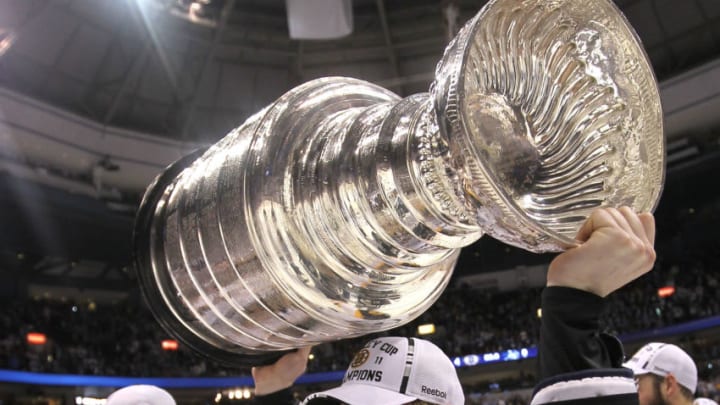Hard to believe, but it has been 10 years since the Boston Bruins won Game 7 of the 2011 Stanley Cup Final at Rogers Arena against the Vancouver Canucks. That night, goalie Tim Thomas put a bow on a tremendous postseason run with a 37-save performance in the Bruins 4-0 shutout of the Canucks.
During the 2011 postseason run, the Bruins have several players step up to provide secondary scoring. Ah yes, secondary scoring, something that the Black and Gold have been searching for the last couple of seasons without much success.
This season, Bruins general manager Don Sweeney tried to address that issue with a trade with the Buffalo Sabres that landed Taylor Hall to the second-line with David Krejci and Craig Smith. The trio had a strong finish to the regular season and a good first-round series against the Washington Capitals, but struggled against the New York Islanders in the second round.
One thing that is key to a championship run is production behind a team’s top players. In the 2011 playoffs, the Bruins got that from their third-line and Michael Ryder. In his NHL career, Ryder spent time with four different teams, but it was his stop in Boston and his contribution to the 2011 Stanley Cup championship is something that is the definition of “secondary scoring.”
In 25 playoff games in 2011, Ryder scored eight goals and dished out nine assists for 17 points. That’s right, 17 points from your third-ling right wing. To think, the Bruins got that production from Ryder in the final year of a three-year, $4 million contract.
Sixteen days after winning the Stanley Cup with the Bruins, Ryder signed a free-agent deal with the Dallas Stars. However, his 25 playoff games in 2011 showed that secondary scoring can go a long way in helping a team reach the ultimate goal, a championship. The 2021-22 Bruins should take notice.
